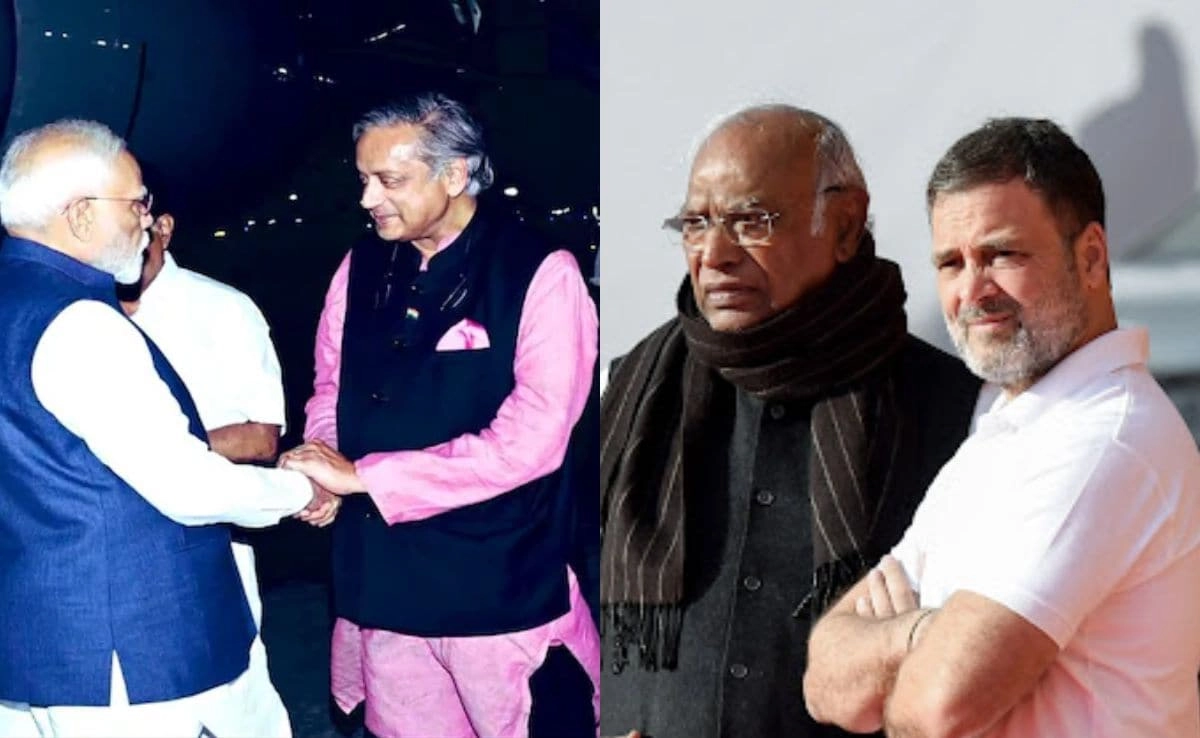The political landscape in India has once again been ignited by a war of words between the Bharatiya Janata Party (BJP) and the Congress party, particularly surrounding the figure of Shashi Tharoor. The BJP has accused Congress of displaying “insecurity” and “jealousy” over Tharoor’s growing prominence within the party and the broader political arena. This accusation comes at a time when Tharoor has been vocal about various issues, showcasing his intellectual prowess and charisma, which some perceive as a threat to the established political narratives. The BJP’s remarks reflect a broader strategy of undermining the Congress party by highlighting internal dissent and questioning the party’s ability to retain its influential figures.
Shashi Tharoor, a well-known author and politician, has often been seen as a modern face of the Congress party, appealing to a younger, more educated electorate. His ability to articulate complex ideas and connect with diverse audiences has made him a significant player in Indian politics. The BJP’s jibe at Congress seems to stem from a fear that Tharoor could galvanize support for the opposition, especially in light of upcoming elections where both parties will vie for voter loyalty. By framing the Congress’s response to Tharoor’s rise as rooted in insecurity and jealousy, the BJP aims to position itself as a confident alternative, while simultaneously attempting to sow discord within Congress ranks.
This clash between the two parties underscores the intense rivalry that characterizes Indian politics today. As both parties prepare for future electoral battles, the stakes are high, and the competition for public perception is fierce. The BJP’s strategic use of rhetoric serves not only to discredit the Congress party but also to consolidate its own narrative of strength and stability. In this context, Tharoor’s role becomes even more pivotal; as he continues to navigate his political journey, the reactions from his own party and rivals alike will undoubtedly shape his influence and the broader electoral landscape. The interplay of these dynamics illustrates the complexities of Indian politics, where individual personalities can significantly impact party fortunes and public discourse.
In conclusion, the BJP’s accusations against Congress regarding Shashi Tharoor highlight the ongoing tensions and rivalries that define Indian political discourse. As both parties engage in this verbal sparring, the implications for their respective strategies and voter bases are profound. Tharoor’s presence in Congress could potentially challenge the BJP’s narrative, making the upcoming political contests even more competitive. The discourse surrounding Tharoor emphasizes not just individual political ambitions, but also the larger ideological battles that continue to shape the future of Indian democracy.




